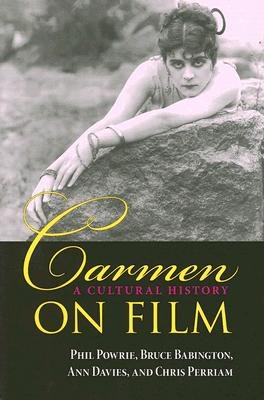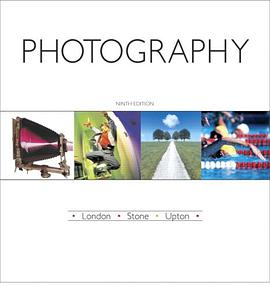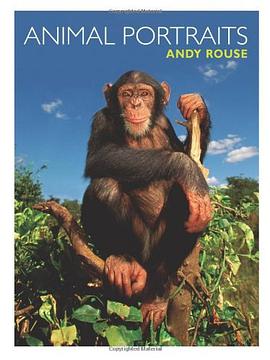

具體描述
The story of Carmen, the Spanish Gypsy femme fatale, is one of the most adapted stories in the history of cinema. The films are often a combination of Merimee's 1845 novella and the opera Bizet fashioned from the novella thirty years later. Carmen on Film: A Cultural History focuses on 16 of the most important Carmen films, ranging across three main cinemas (Hollywood, France, and Spain), stretching from the earliest films to the most recent (by director): Calmettes (1910), DeMille (1915), Walsh (1915), Chaplin (1916), Lubitsch (1918), Walsh (1927), Feyder (1926), Rey (1938), Vidor (1948), Preminger (1954), Demicheli (1959), Saura (1983), Godard (1984), Rosi (1984), Ramaka (2001), and Aranda (2003). The story of Carmen has captured the imagination of audiences and readers for more than 150 years. Powrie, Babington, Davies, and Perriam ask why--and in their examination of the numerous cinematic retellings of this popular tale, they offer insight into the cultural significance of the fictional lives and deaths of Carmen.
著者簡介
圖書目錄
讀後感
評分
評分
評分
評分
用戶評價
相關圖書
本站所有內容均為互聯網搜索引擎提供的公開搜索信息,本站不存儲任何數據與內容,任何內容與數據均與本站無關,如有需要請聯繫相關搜索引擎包括但不限於百度,google,bing,sogou 等
© 2025 book.quotespace.org All Rights Reserved. 小美書屋 版权所有




















